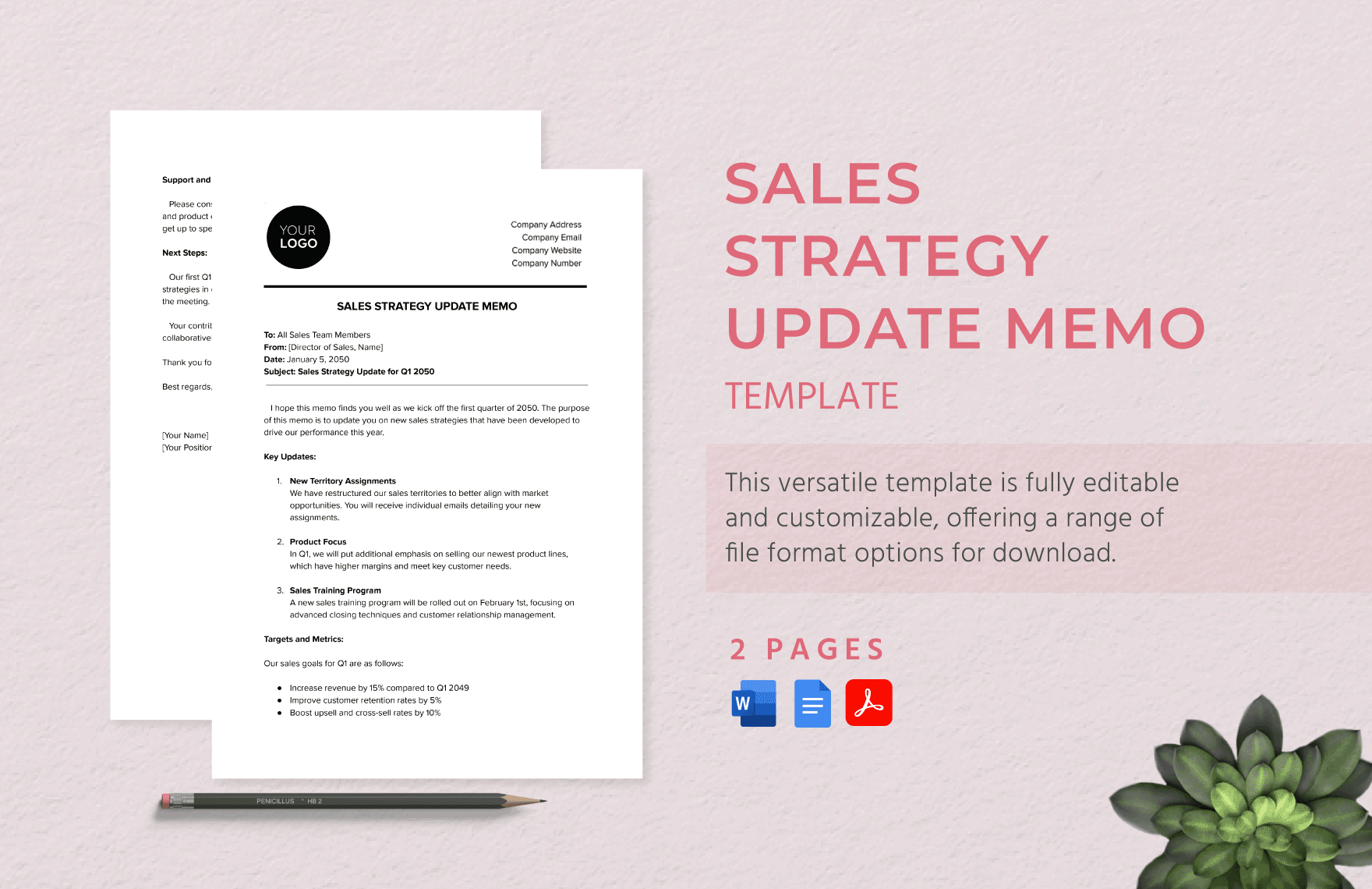Is Your Love A Monster? Identifying Unhealthy Relationship Patterns

Table of Contents
Control and Manipulation – The Red Flags of an Unhealthy Dynamic
Unhealthy relationships often involve a significant power imbalance, manifested through controlling behaviors and manipulative tactics. Recognizing these controlling behaviors and understanding their impact is crucial for breaking free from a toxic dynamic.
Controlling Behaviors
Controlling behaviors can range from subtle to overt, gradually eroding your independence and self-esteem. These behaviors aim to restrict your autonomy and keep you under the manipulator's thumb.
-
Examples of controlling behaviors:
- Controlling finances: Restricting access to money, making all financial decisions without your input, monitoring your spending habits.
- Isolation from friends and family: Limiting contact with loved ones, discouraging social interactions, creating dependence on the controlling partner.
- Monitoring your phone or social media: Checking your messages, tracking your location, demanding access to your accounts.
- Dictating your clothing or appearance: Controlling what you wear, your hairstyle, or other aspects of your personal presentation.
-
Impact of controlling behaviors: Loss of independence, erosion of self-esteem, feeling trapped and fearful, constant anxiety, and a sense of being suffocated. These manipulative relationships can severely impact your mental and emotional well-being.
Emotional Manipulation Tactics
Emotional manipulation is a insidious form of control, designed to warp your perceptions and make you question your own sanity. These emotional manipulation tactics aim to control your emotions and behavior through psychological games.
-
Examples of emotional manipulation:
- Gaslighting: Making you doubt your own memory, perception, or sanity. This is a form of psychological abuse.
- Guilt-tripping: Making you feel responsible for the partner's negative emotions or behaviors.
- Using threats or intimidation: Using fear to control your actions.
- Playing the victim: Making themselves out to be the innocent party, even when they are at fault.
-
Impact of emotional manipulation: Confusion, self-doubt, feeling responsible for the partner's emotions, difficulty trusting your own judgment, and a decline in your mental health. These unhealthy relationship dynamics can leave you feeling emotionally exhausted and vulnerable.
Lack of Respect and Communication Breakdown – Signs of Disconnection
Healthy relationships are built on mutual respect and open communication. When these elements are missing, the relationship becomes strained and ultimately unhealthy. Recognizing unhealthy communication patterns is key to identifying and addressing these issues.
Disrespectful Communication Styles
Disrespectful communication erodes the foundation of trust and intimacy. It creates an environment where you feel undervalued and unheard.
-
Examples of disrespectful communication:
- Constant criticism: Regularly putting you down, finding fault in everything you do.
- Belittling remarks: Making you feel small, insignificant, or stupid.
- Name-calling: Using derogatory or insulting language.
- Ignoring your feelings or opinions: Dismissing your thoughts and emotions as unimportant.
-
Impact of disrespectful communication: Low self-worth, feeling unheard and unappreciated, emotional distance, and a growing sense of resentment. This disrespectful communication can lead to significant emotional damage.
Ineffective Conflict Resolution
Healthy couples disagree, but they resolve conflicts constructively. In unhealthy relationships, conflict resolution is often destructive and damaging.
-
Examples of ineffective conflict resolution:
- Frequent arguments: Constant bickering and disagreements.
- Avoidance of conflict: Sweeping problems under the rug instead of addressing them.
- Using silence as punishment: The silent treatment as a form of control.
- Resorting to violence or threats: Physical or verbal aggression as a means of winning an argument.
-
Impact of ineffective conflict resolution: Ongoing tension, resentment, feeling unsafe and unsupported, a sense of constant dread and anxiety. These relationship problems can lead to a breakdown of the relationship altogether.
Power Imbalances and Abuse – Recognizing Serious Warning Signs
The most severe unhealthy relationship patterns involve power imbalances and abuse. Recognizing the signs of abuse is crucial for your safety and well-being.
Verbal Abuse
Verbal abuse is a form of emotional abuse that uses words to control, intimidate, and degrade.
-
Examples of verbal abuse: Insults, threats, humiliation, constant criticism, yelling, name-calling, and put-downs.
-
Impact of verbal abuse: Trauma, anxiety, depression, low self-esteem, and difficulty trusting others. This emotional abuse can have long-lasting psychological consequences.
Physical and Psychological Abuse
Physical and psychological abuse are serious forms of domestic violence. These behaviors are never acceptable and require immediate intervention.
-
Examples of physical and psychological abuse: Physical violence, intimidation, threats of violence, isolating behaviors, controlling access to resources, financial control, and stalking.
-
Impact of physical and psychological abuse: Physical injury, PTSD (Post-Traumatic Stress Disorder), fear, dependence, and a severe erosion of self-worth. This abuse in relationships can be life-threatening.
Seeking Help
If you are experiencing abuse, please know you are not alone and help is available.
-
Examples of resources: Domestic violence hotlines, support groups (e.g., survivors of domestic violence groups), therapy, and legal assistance.
-
Finding help is crucial. These domestic violence resources can provide the support and guidance you need to escape an abusive situation.
Conclusion
Identifying unhealthy relationship patterns requires self-awareness and honesty. Recognizing the signs of control, disrespect, and abuse is crucial for protecting your emotional and physical well-being. If you've identified these patterns in your own life, remember you are not alone and help is available. Take the first step towards a healthier relationship by seeking support from trusted friends, family, or professionals. Learn to recognize the warning signs of unhealthy relationship patterns and prioritize your mental and emotional health. Don't hesitate to reach out for help if you need it – your safety and well-being are paramount.

Featured Posts
-
 Half Dome Wins Abn Group Victoria Media Account A New Partnership
May 21, 2025
Half Dome Wins Abn Group Victoria Media Account A New Partnership
May 21, 2025 -
 The Goldbergs Recurring Jokes And Catchphrases
May 21, 2025
The Goldbergs Recurring Jokes And Catchphrases
May 21, 2025 -
 Inside Athena Calderones Extravagant Roman Birthday Celebration
May 21, 2025
Inside Athena Calderones Extravagant Roman Birthday Celebration
May 21, 2025 -
 Het Gebruik Van Tikkie Voor Dagelijkse Banktransacties In Nederland
May 21, 2025
Het Gebruik Van Tikkie Voor Dagelijkse Banktransacties In Nederland
May 21, 2025 -
 Top Outdoor Restaurants In Manhattan For Summer Dining
May 21, 2025
Top Outdoor Restaurants In Manhattan For Summer Dining
May 21, 2025
Latest Posts
-
 Chainalysis And Alterya A Merger Of Blockchain And Artificial Intelligence
May 21, 2025
Chainalysis And Alterya A Merger Of Blockchain And Artificial Intelligence
May 21, 2025 -
 Sasols 2023 Strategy Update What Investors Need To Know
May 21, 2025
Sasols 2023 Strategy Update What Investors Need To Know
May 21, 2025 -
 Open Ai Facing Ftc Investigation The Future Of Ai And Data Privacy
May 21, 2025
Open Ai Facing Ftc Investigation The Future Of Ai And Data Privacy
May 21, 2025 -
 The Zuckerberg Trump Dynamic Implications For The Future
May 21, 2025
The Zuckerberg Trump Dynamic Implications For The Future
May 21, 2025 -
 Strong Earnings Result In Higher Than Projected Payout For Vodacom Vod
May 21, 2025
Strong Earnings Result In Higher Than Projected Payout For Vodacom Vod
May 21, 2025
